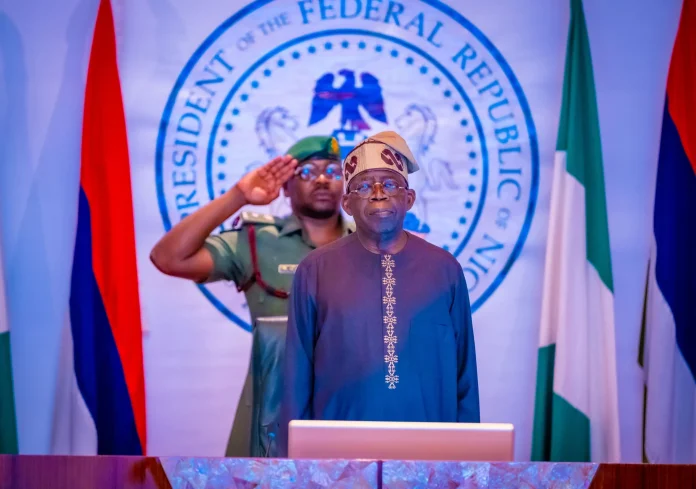In light of Malaysia’s recent decision to phase out compressed natural gas (CNG) vehicles over safety concerns, the Nigerian Presidency has moved swiftly to address similar concerns raised domestically, reassuring citizens of the safety and viability of Nigeria’s CNG initiative.
Bayo Onanuga, Special Adviser to President Bola Tinubu on Information and Strategy, clarified in a post on X (formerly Twitter) that Nigeria’s CNG programme is not impacted by Malaysia’s recent announcement. He emphasized that the conditions prompting Malaysia’s phase-out decision do not apply to Nigeria.
Malaysia’s Transport Minister, Anthony Loke, recently announced that by July 2025, the country will halt the use of CNG vehicles, citing risks related to the ageing CNG tanks that could compromise safety if not regularly replaced. This decision will impact an estimated 44,383 vehicles across Malaysia, including taxis, personal cars, and buses.
However, Onanuga pointed out that Nigeria’s CNG vehicles adhere to stringent safety protocols and maintenance standards to ensure public safety. He underscored that CNG remains a core component of Nigeria’s alternative energy strategy, aiming to reduce fuel costs and emissions, especially in the wake of rising petroleum prices.
Nigeria’s CNG programme has been promoted as a sustainable and cost-effective solution for transportation, with the government incentivizing its adoption to ease economic pressures on citizens. Authorities have outlined plans to address concerns about safety by implementing rigorous maintenance standards and periodic inspections for CNG infrastructure.
While Malaysia’s phase-out raises questions about long-term CNG use, Nigerian officials remain confident in the program’s safety and its potential to contribute to the country’s energy diversification goals. The Presidency encouraged Nigerians to continue embracing CNG as a cleaner, reliable fuel alternative, highlighting ongoing government efforts to ensure a safe transition for users across the nation.













